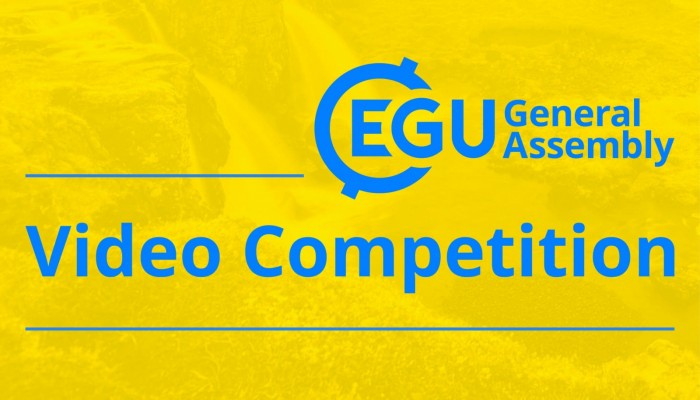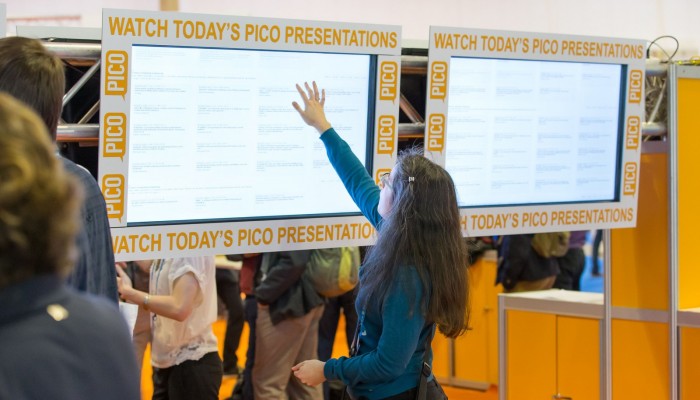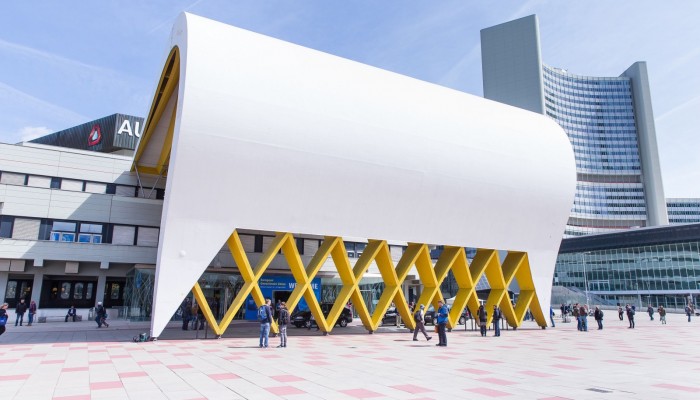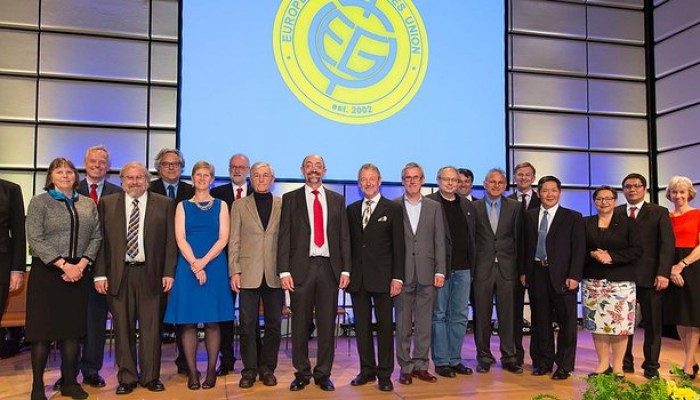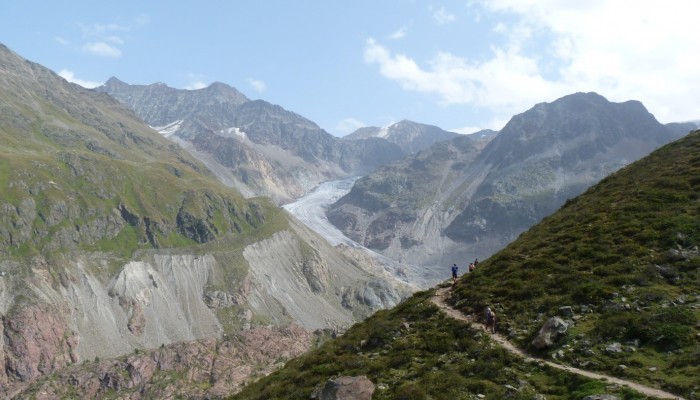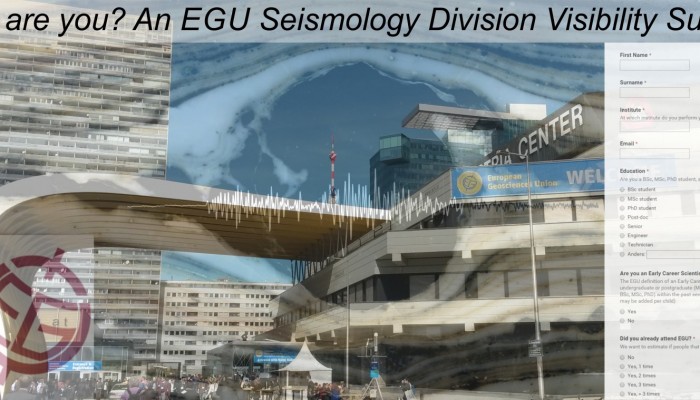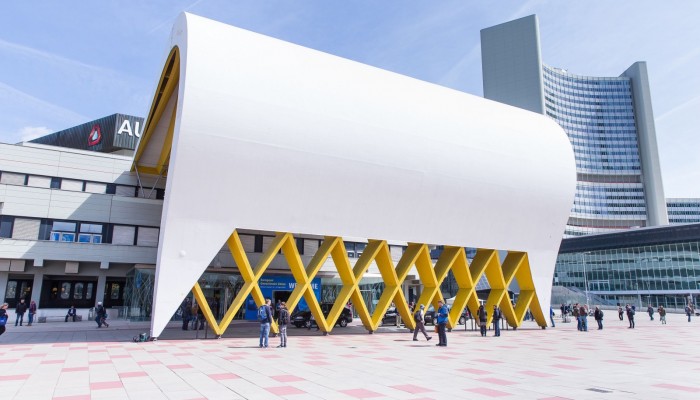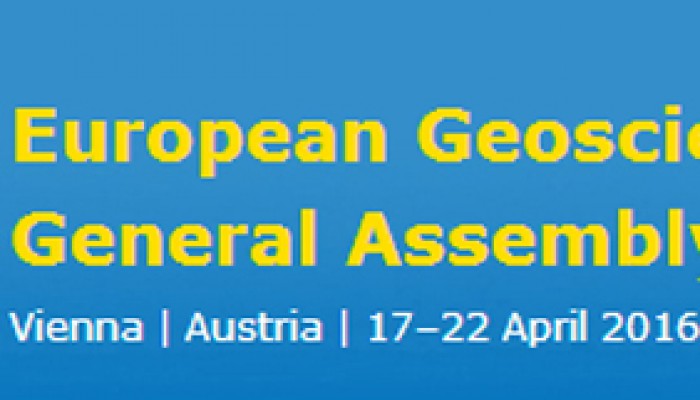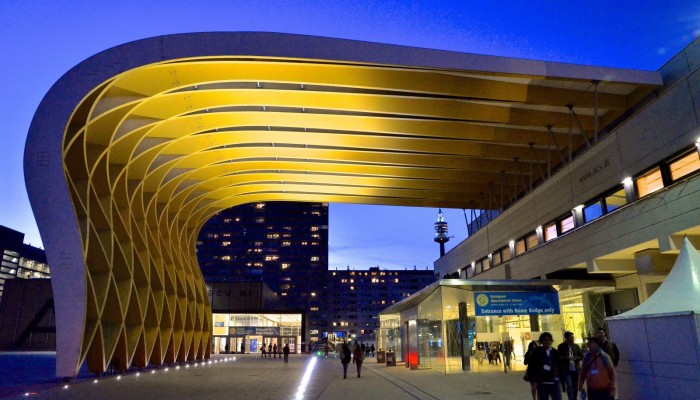As many return to their desks to continue on their research, take note of these imminent deadlines for the upcoming European Geosciences Union General Assembly 2016. Wednesday 13th of January: EGU2016 call for papers (open until 13:00 CET). Submit your short course ideas. Early Career Scientists are encouraged to run their own short courses either as individuals or as a group. Short courses are us ...[Read More]
If you didn't find what you was looking for try searching again.
GeoLog
Communicate Your Science Video Competition is now open!
Want to communicate your research to a wider audience and try your hand at video production? Now’s your chance! The competition is open to early career scientists (ECS) who intend to register for the EGU General Assembly. The aim is to produce a video up-to-three-minutes long to share your research with the general public. The winning entry will receive a free registration to the General Assembly ...[Read More]
GeoLog
There are even more benefits to choosing a PICO session at EGU 2016!
Some of the sessions scheduled for the upcoming EGU General Assembly are PICO only sessions. This means that, rather than being oral or poster format, they involve Presenting Interactive COntent (PICO). The aim of these presentations is to highlight the essence of a particular research area – just enough to get the audience excited about a topic without overloading them with information. PICO sess ...[Read More]
GeoLog
EGU2016: Applying for financial support to attend the General Assembly
The EGU is committed to promoting the participation of both early career scientists and established researchers from low and middle income countries who wish to present their work at the EGU General Assembly. In order to encourage participation of scientists from both these groups, a limited amount of the overall budget of the EGU General Assembly is reserved to provide financial support to those ...[Read More]
GeoLog
EGU Awards and Medals 2016
Yesterday, the EGU announced the 49 recipients of next year’s Union Medals and Awards, Division Medals, and Division Outstanding Young Scientists Awards. The aim of the awards is to recognise the efforts of the awardees in furthering our understanding of the Earth, planetary and space sciences. The prizes will be handed out during the EGU 2016 General Assembly in Vienna on 17-22 April. Head over t ...[Read More]
Geomorphology
Report from the Summer School on Geomorphology in the Kaunertal Valley, Austria, 31st August – 6th September 2015
Written by Ciara Fleming ( University College Dublin) The focus of this Summer School was ‘Sediment dynamics in high mountain environments’ and as suggested by this title, the location did not disappoint. For the week-long school we were based in Feichten im Kaunertal (1273m a.s.l.), a perfectly-formed Alpine village in the Province of Tyrol, Austria. The school brought together a diverse group of ...[Read More]
Seismology
Who are you? An EGU Seismology Division Visibility Survey
When a PhD student publishes a new paper, of course he/she would like that other scientists will read the work. However, in a busy academic world with many institutional obligations, it might be hard to promote the work and the research you are performing. Social media and blogs, however, can play an important role in research visibility and therefore we can help you! As Early Career Scientists of ...[Read More]
GeoLog
A guide to convening a session at the General Assembly – Part II
Convening a session at a conference can seem daunting, especially if you are an early career research and a first-time convener. That’s why we’ve put together this two part series to outline the main steps of the process, with more detailed instructions to be published on the 2016 EGU General Assembly in due course. Remember, the call for sessions is open until 18 September 2015! This post picks u ...[Read More]
Seismology
EGU2016: Call-for-Sessions
The next EGU General Assembly 2016 (EGU2016) will be held again at the Austria Center Vienna from 17 Apr 2016 to 22 Apr 2016. The European Geosciences Union invites you, from now until 18 Sep 2015, to take an active part in organizing the scientific programme of the conference. You can do this at: http://meetingorganizer.copernicus.org/EGU2016/provisionalprogramme Please suggest new sessions with ...[Read More]
GeoLog
A guide to convening a session at the EGU General Assembly – Part I
Convening a session at a conference can seem daunting, especially if you are an early career research and a first-time convener. That’s why we’ve put together this two part series to outline the main steps of the process. With the call for sessions for the 2016 EGU General Assembly open until 18 September 2015, now is the perfect time to give it a go! The key ingredients are an idea for a session, ...[Read More]

